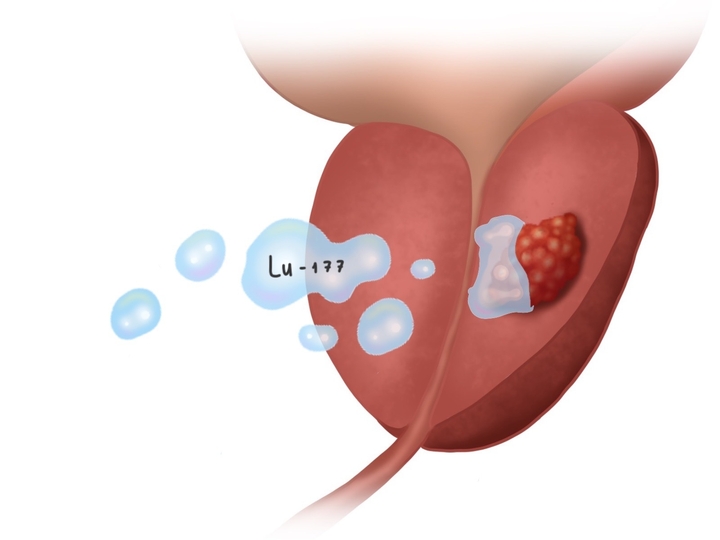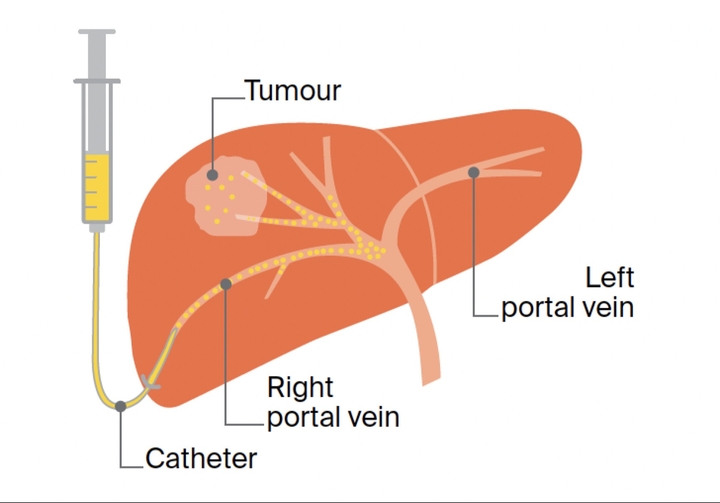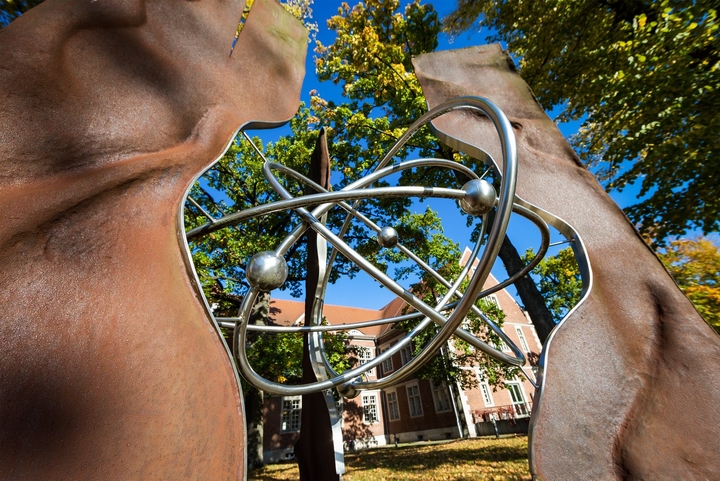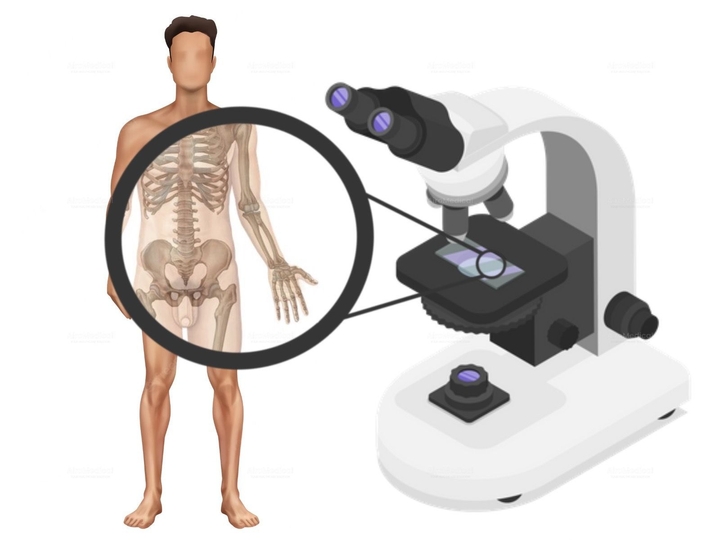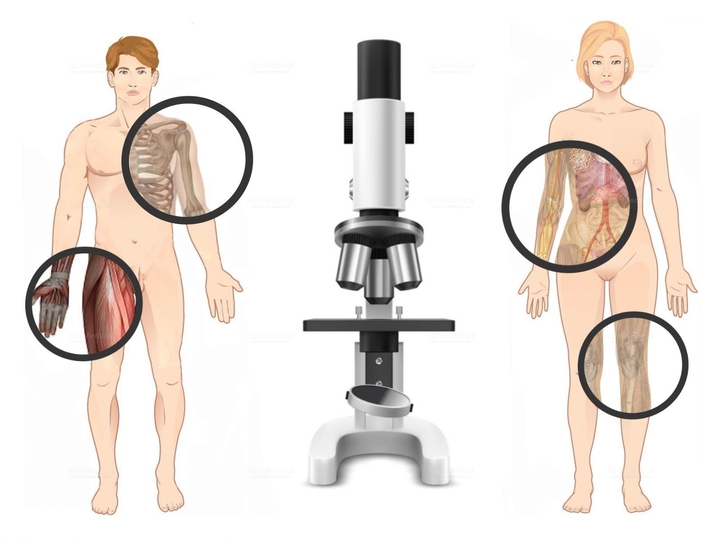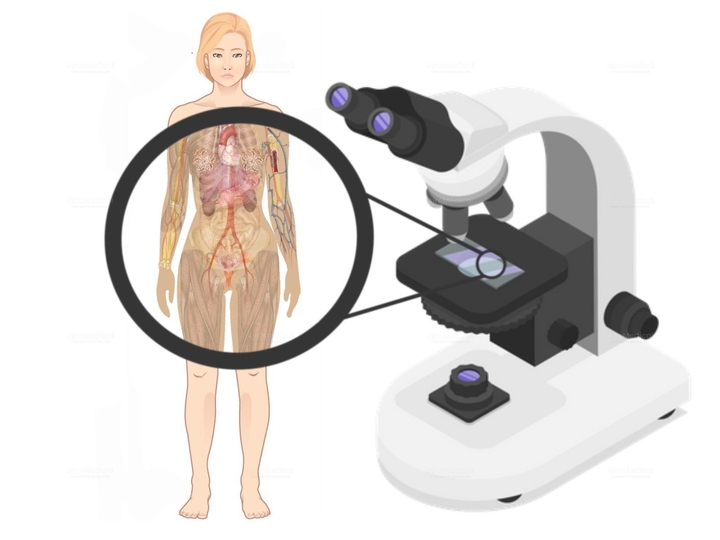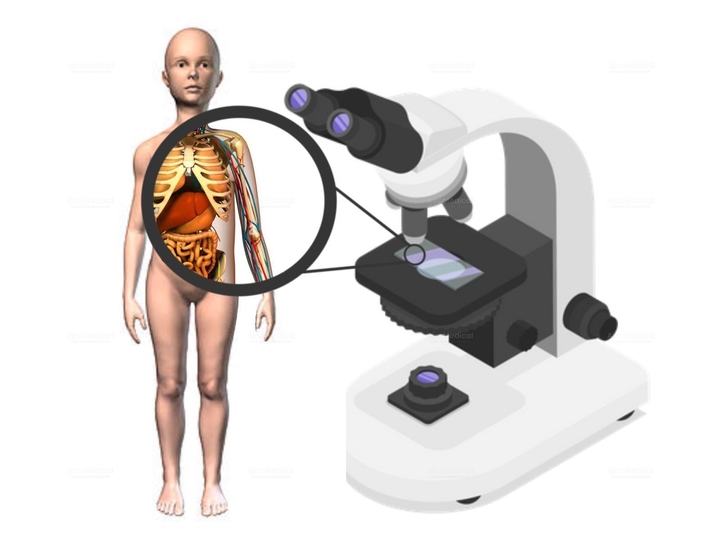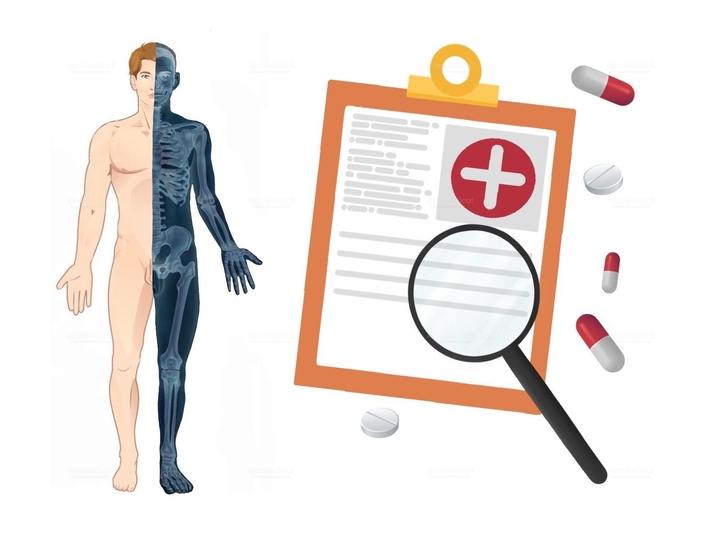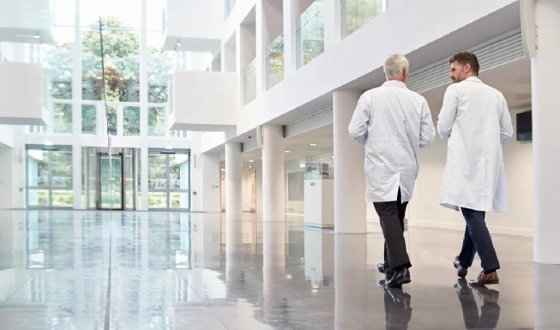Allergology & Immunology Worldwide: Best Hospitals, Doctors, Options, & Cost
Allergy is modernity's scourge and the immune system's first enemy, called a "slow killer." The symptoms of this multifaceted and unpredictable disease can range from harmless skin rash to severe, life-threatening forms.
Nevertheless, even in severe cases, allergology and immunology treatment abroad gives excellent results. For many years, qualified and experienced allergologists have successfully treated bronchial asthma, atopic dermatitis, allergic rhinitis, pet allergies, all types of food allergies, allergies to insect bites, dust, etc.
Did you know that a quarter of the population is genetically predisposed to allergies? About a quarter (25.7%) of adults suffer from seasonal allergies, 7.3% — from eczema, and 6.2% — from food allergies.
Best allergology & immunology clinics
Tips to find the best allergology clinic
Choosing the right immunology hospital is crucial for successfully treating allergies and asthma. Follow Airomedical's tips to find the best one for you. The best allergology clinic has a lot of positive feedback from satisfied patients. Clinics should be well-equipped with the latest technology for the best possible care, including devices for plasmapheresis and intravenous laser blood irradiation.
The best allergy centers consider the uniqueness of each allergy. A team of multidisciplinary experts should create a personalized treatment plan for optimal results. It may include the best allergy doctors, pulmonary and intensive care, ENT medicine, and other specialties.
It employs highly qualified top allergists and should offer a wide range of services for treating food allergies, rhinitis, alveolitis, food intolerance, conjunctivitis, bronchial asthma, innovative treatments for immunodeficiency disorders, and more. By contacting AiroMedical, you can access top-tier recognized allergy clinics offering exceptional solutions.
Best allergy doctors
How to find the best allergy doctor?
Effective allergy treatment requires a qualified specialist with access to high-tech methods. Choose the best allergist in the world based on his reputation, education, experience, and certifications. An experienced allergist can accurately diagnose allergies and determine the appropriate treatment for your specific one.
Check the availability of the necessary equipment at the clinic where the allergist works. He must have access to modern labs and tests to diagnose and treat allergic reactions. A qualified allergist must know advanced techniques for treating severe allergies and various allergen types, their characteristics, and their standardization.
The allergist should possess practical skills such as conducting allergological tests, preparing solutions, and providing emergency care for Quincke's edema, hay fever treatment, anaphylaxis treatment, and other acute allergic reactions. AiroMedical holds only licensed specialists highly respected in the international medical community. Leave a request, and we will schedule consultations with the world's best allergists.
Modern allergological diagnosis
An allergic reaction occurs when the immunity becomes hypersensitive to certain substances, such as food, pollen, medicines, animal hair, mold, or bee venom. What happens inside a person when they come into contact with an irritant? The reacting cells begin to "panic." They perceive an utterly harmless substance as foreign. Externally, it manifests as conjunctivitis, runny nose, skin rashes, sore throat, and bronchospasms.
The task of diagnostics is to determine the allergen that causes this reaction. It can be a variety of factors, and the response of different people to the same allergen can vary significantly.
Allergological diagnosis begins with a conversation with a doctor. He discovers the specifics of allergic reactions and asks about the characteristic symptoms. Special attention is paid to heredity and lifestyle, eating habits, etc. However, for complete confidence in the conclusions drawn, special studies are usually conducted:
The list of diagnostic tools
Allergens can accumulate and worsen their effects, leading to an increasingly long list of allergology and immunology reactions. Timely identification and treatment is the key to successfully combating the disease.
Top offers
Latest treatment solutions in allergology & immunology
First of all, the therapy is aimed at eliminating symptoms. Allergic reactions can be severe and even seriously threaten human life (anaphylactic shock, Quincke's edema, etc.). In addition, allergies reduce performance and worsen patients' quality of life.
Some advanced techniques for treating allergies
Other medicines work by preventing the release of chemicals that cause allergic reactions. Corticosteroids are effective in the treatment of nose inflammation. Sorbents promote the binding and rapid elimination of toxins and allergens from the body to reduce the severity of an allergy.
Hyposensitization is preferred in treating allergic rhinitis in all age groups, bronchial asthma, and conjunctivitis patients. Immunotherapy can be prescribed to patients through injections or tablets, sprays, or drops under the tongue (sublingually).
These and many other innovations are available to patients in the best clinics in the world. Allergy treatment with AiroMedical guarantees that the patient will get a chance to recover, even in the most challenging and rare cases. Tell us about your diagnosis, and we will select advanced medical centers where the most effective and gentle treatment methods are used.
Allergology treatment cost
Allergology & immunology€1,557 - 2,758
Advantages of medical tourism
As practice shows, in most cases, allergology and immunology treatment abroad leads to complete or significant tolerance of the body to allergens.
It is noteworthy that leading hospitals successfully cope not only with allergies in adults but also in children. Clinics have created all conditions so young patients are not nervous and afraid of doctors, and their parents are always close to their children.
Benefits of medical travel for allergology treatment
The AiroMedical resource presents a wide selection of allergology and immunology hospitals in a dozen countries worldwide that specialize in treating allergies abroad. Here you will solve many questions and can choose the best doctor and clinic, orient yourself in the prices and book the most effective treatment option. In addition, our recommendations will help you avoid many organizational mistakes – both before and during your stay in a clinic.
Our goal is to give you a new quality of life: without restrictions and a long list of prohibitions. By choosing allergy treatment with AiroMedical, you put your health in the hands of professionals and choose the best for yourself and your loved ones.
Do you suffer from allergies? Then, don't waste time; leave us a request and get professional help.
How AiroMedical can help you
Read more in our blogs
FAQ
What are the best clinics for Allergology & Immunology?
Who are the best doctors for Allergology & Immunology?
Dr. med. Simon Mayer from
M1 Private Clinic Munich
Prof. Dr. med. Tilo Biedermann from
University Hospital Rechts der Isar Munich
Prof. Dr. med. Lars E. French from
University Hospital Ludwig-Maximilians Munich
PD. Dr. med. Staffan Vandersee from
Bundeswehr Hospital Berlin
Prof. Dr. med. Uwe Reinhold from
Dermatological Centre Bonn















